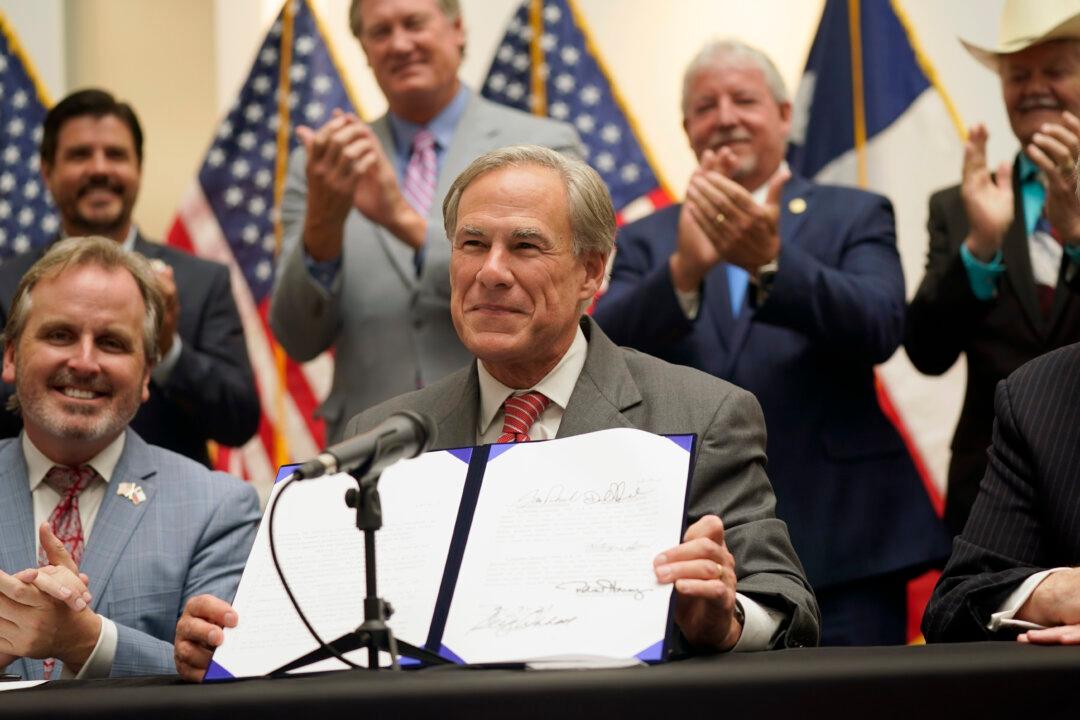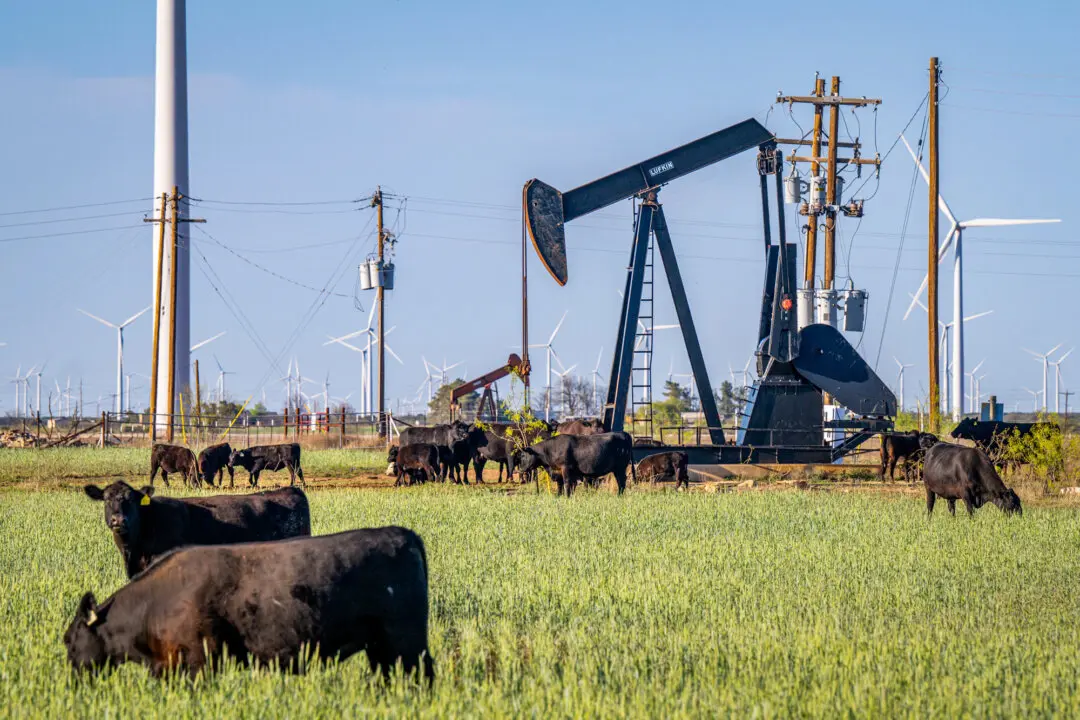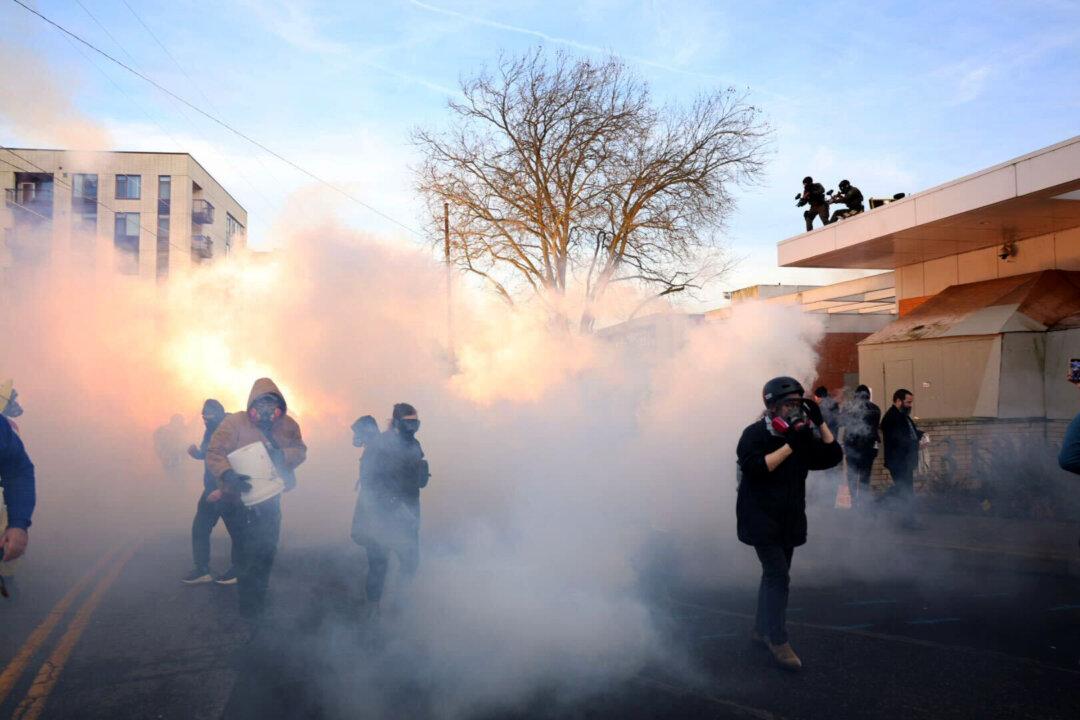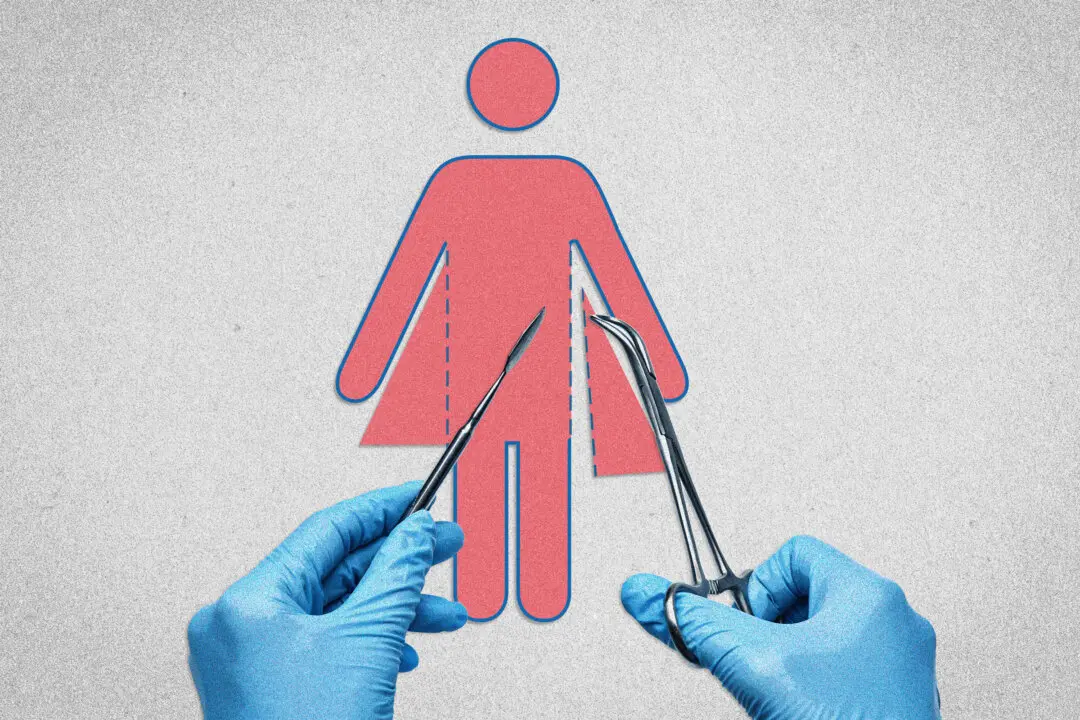With midterm elections taking center stage in Texas—where Republicans hope to flip deep-blue territories in the Rio Grande Valley red—election integrity laws are key.
Like other states, Texas began focusing on strengthening voting laws after the 2020 election raised questions about irregularities mainly centered on mail-in ballots, drop boxes, and ballot harvesting.





